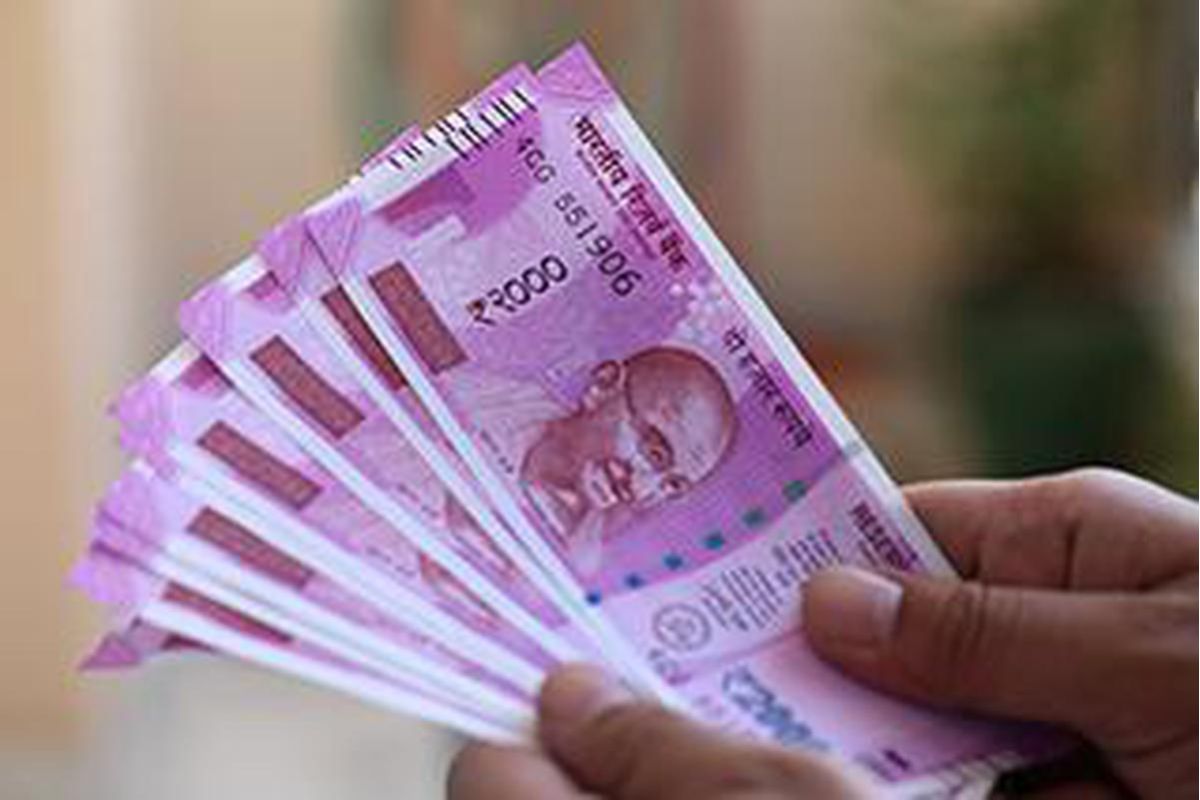The Reserve Bank of India (RBI) has recently made an important announcement regarding the withdrawal of ₹2,000 notes from circulation. These notes, which currently serve as legal tender, will cease to be accepted as such after September 30, 2023.
For individuals holding ₹2,000 notes, various options are available for exchanging them into other denominations. This can be done conveniently at any bank branch or regional office of the RBI. It’s important to note that there is a daily limit of ₹20,000 per person for exchanging these notes.
Alternatively, if you prefer to deposit your ₹2,000 notes into your bank account, you can do so without any limitations. However, if you anticipate the need for cash withdrawals exceeding ₹20,000, you’ll need to plan accordingly and make multiple transactions over different days.
One favorable aspect of this withdrawal is that there are no fees associated with the exchange or deposit of ₹2,000 notes. This allows individuals to convert their currency without incurring any additional charges.
To provide further clarity on this matter, we have compiled a list of frequently asked questions (FAQs) addressing various aspects of the ₹2,000 note withdrawal. Please refer to the following section for more information.
Why are ₹2000 banknotes being withdrawn?
The ₹2000 banknotes are being withdrawn because they were initially introduced in 2016 after the demonetization of ₹500 and ₹1000 banknotes. The purpose was to meet the immediate currency requirements of the economy. However, as time passed, an adequate supply of banknotes in other denominations became available. The Reserve Bank of India (RBI) ceased printing ₹2000 notes in 2018-19. Additionally, a significant number of ₹2000 notes issued before March 2017 are nearing the end of their approximate lifespan of 4-5 years. Furthermore, people have not been relying on ₹2000 notes for regular transactions.
How and where can I exchange ₹2000 notes?
You can exchange or deposit your ₹2000 notes in your respective bank accounts until September 30. This service will be available at all 19 regional offices of the RBI and other banks starting from May 23.
Is there a limit on the amount of ₹2000 banknotes that can be exchanged?
To ensure operational convenience and minimize disruption to regular banking activities, there is a limit of ₹20,000 on the amount of ₹2000 notes that can be exchanged for lower denominations at a time.
Will ₹2000 notes still be accepted in regular transactions?
Yes, ₹2000 notes will continue to be accepted for transactions and other payments. However, it is advised to exchange the withdrawn notes by the end of September.
What should I know when depositing ₹2000 banknotes into my bank account?
When depositing the scrapped ₹2000 notes into your bank account, you need to comply with the rules outlined in the Know Your Customer (KYC) norms and other statutory requirements.
Can I use the services of business correspondents for exchanging ₹2000 banknotes?
Yes, you can utilize the services of business correspondents (BC) who provide banking services to customers at locations other than bank branches or ATMs. They can assist you in exchanging ₹2000 banknotes up to ₹4000 per day.
Are only bank customers allowed to exchange notes?
No, even individuals without a bank account can avail of the exchange facility for ₹2000 banknotes up to a limit of ₹20,000 at once, at any bank branch.
What should I do if I need more than ₹20,000 in cash?
You can deposit the ₹2000 banknotes into your bank account without any restrictions. Later, you can withdraw cash against these deposits as per your requirement.
Are there any fees applicable to avail of the exchange facility?
No, there are no extra charges for exchanging ₹2000 notes for lower denominations.
Are there any facilities for senior citizens and persons with disabilities to exchange notes?
Banks will be implementing special arrangements to minimize inconvenience for senior citizens, persons with disabilities, and others who wish to exchange or deposit ₹2000 notes.
What if I am unable to deposit ₹2000 notes immediately?
The RBI has provided a four-month time period, which offers enough flexibility for the public to conveniently exchange the soon-to-be discontinued ₹2000 notes.
What should I do if a bank refuses to exchange ₹2000 notes?
If a bank refuses to exchange ₹2000 notes, you can first reach out to the concerned bank to address the issue. If the bank fails to respond within a month or if you are unsatisfied with the solution provided, you can file a complaint under the Reserve Bank – Integrated Ombudsman Scheme, 2021 in the complaint management system portal of RBI (cms.rbi.org.in).
Follow and connect with us on Facebook, Twitter, LinkedIn, Instagram and Google News for the latest travel news and updates!





